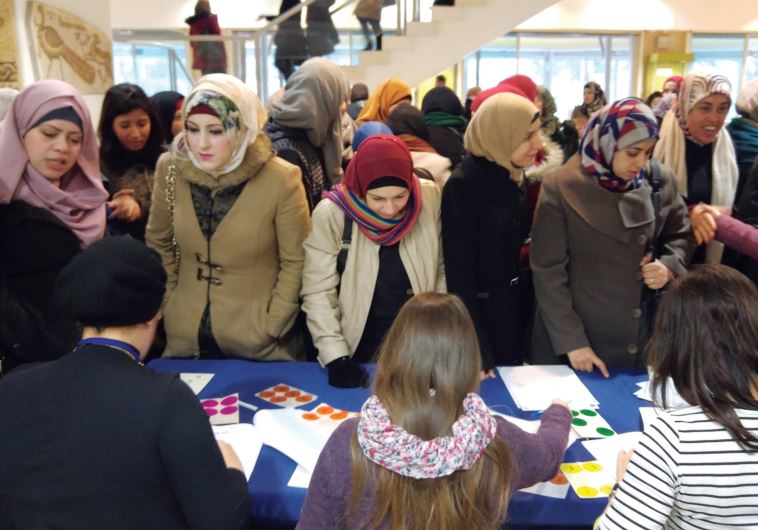Massive plan to upgrade Arab sector has good chance to work
Injaz – Center for Professional Arab Local Governance – is helping 35 Arab municipalities out of a total of 75 so far, and the number is growing.
 Preschool teachers from the city’s Arab sector take part in the Bible Lands Museum study dayUpdated:
Preschool teachers from the city’s Arab sector take part in the Bible Lands Museum study dayUpdated: